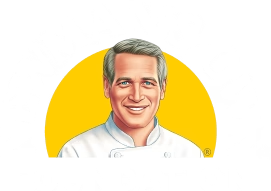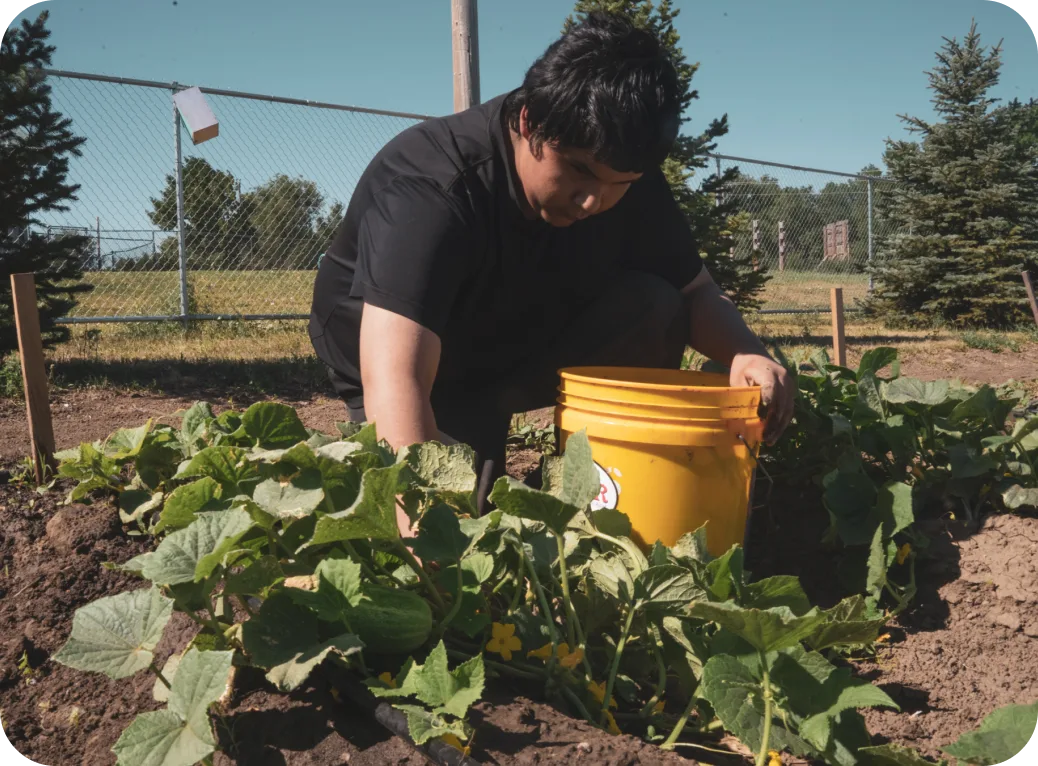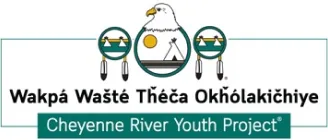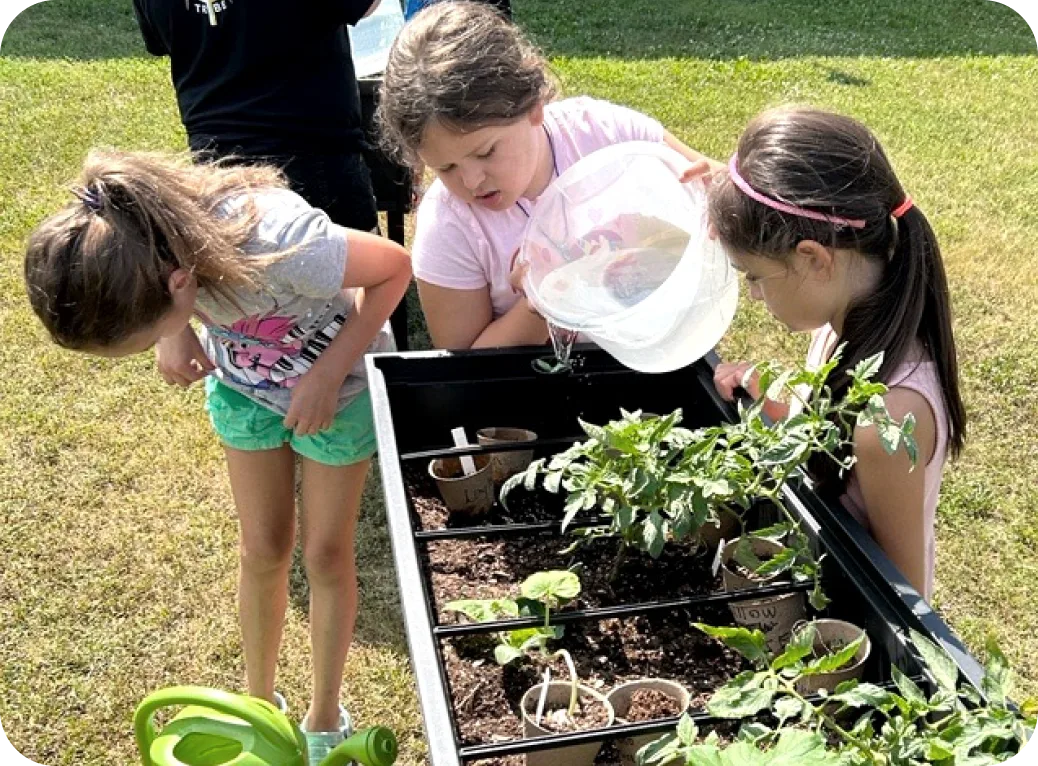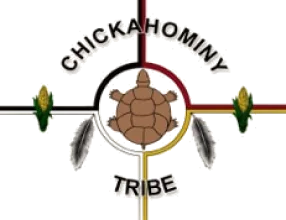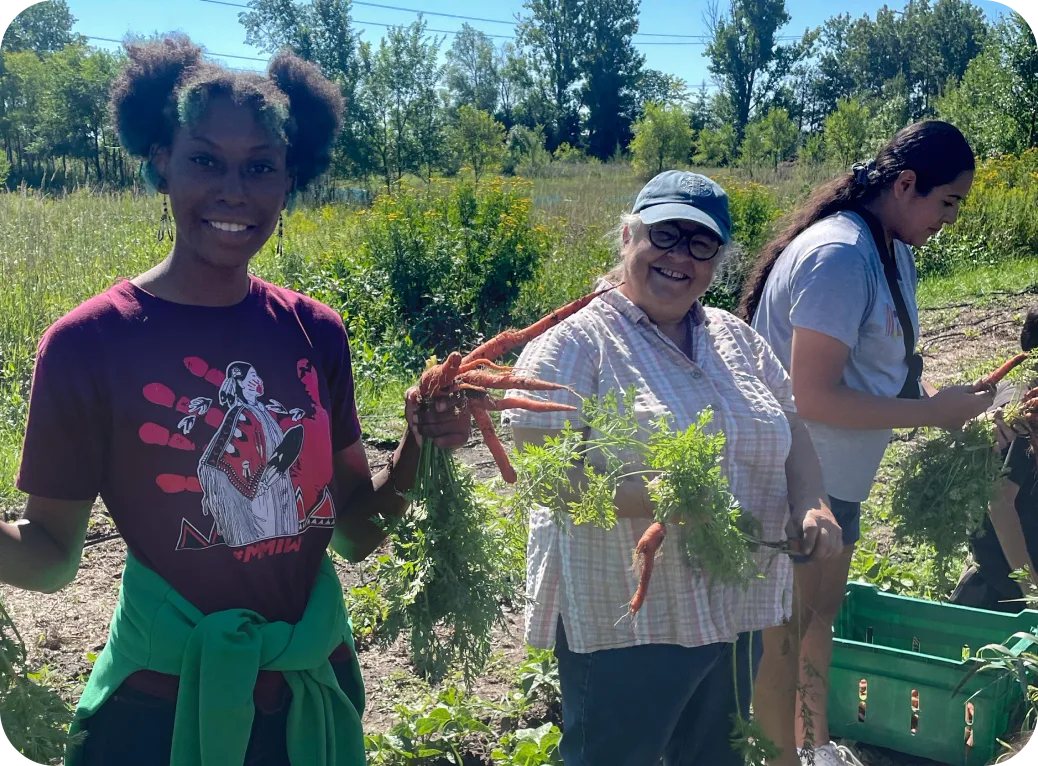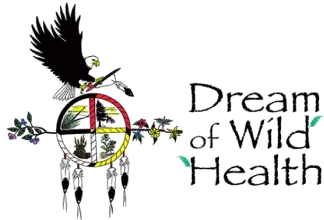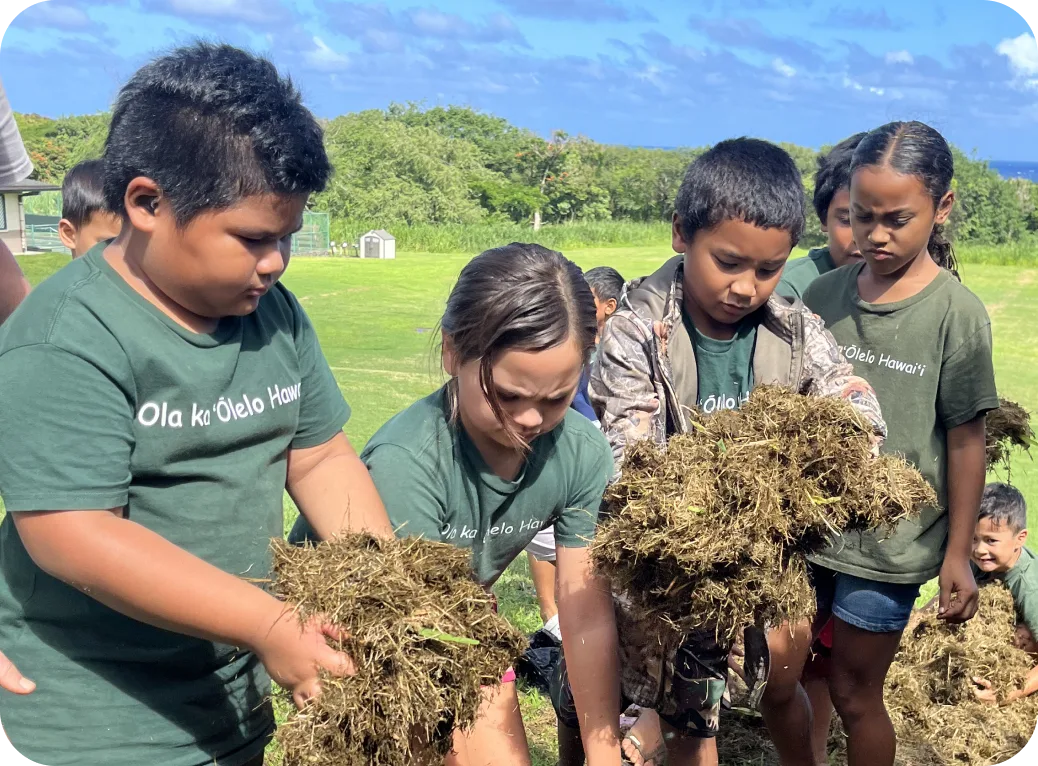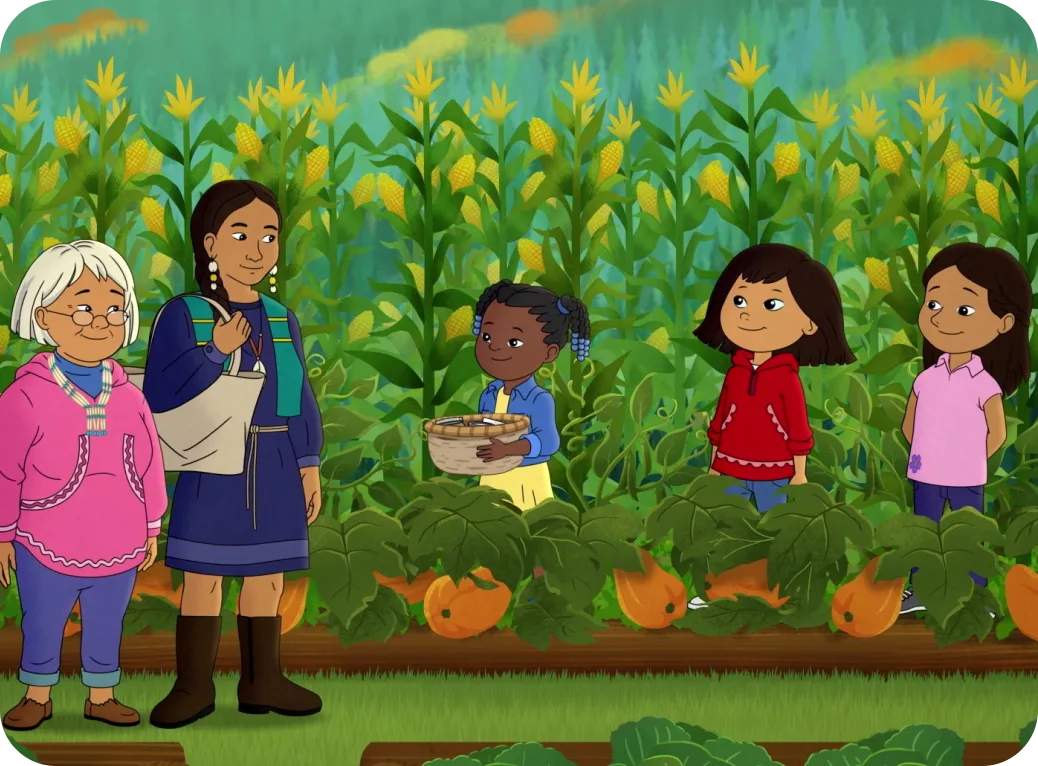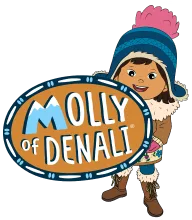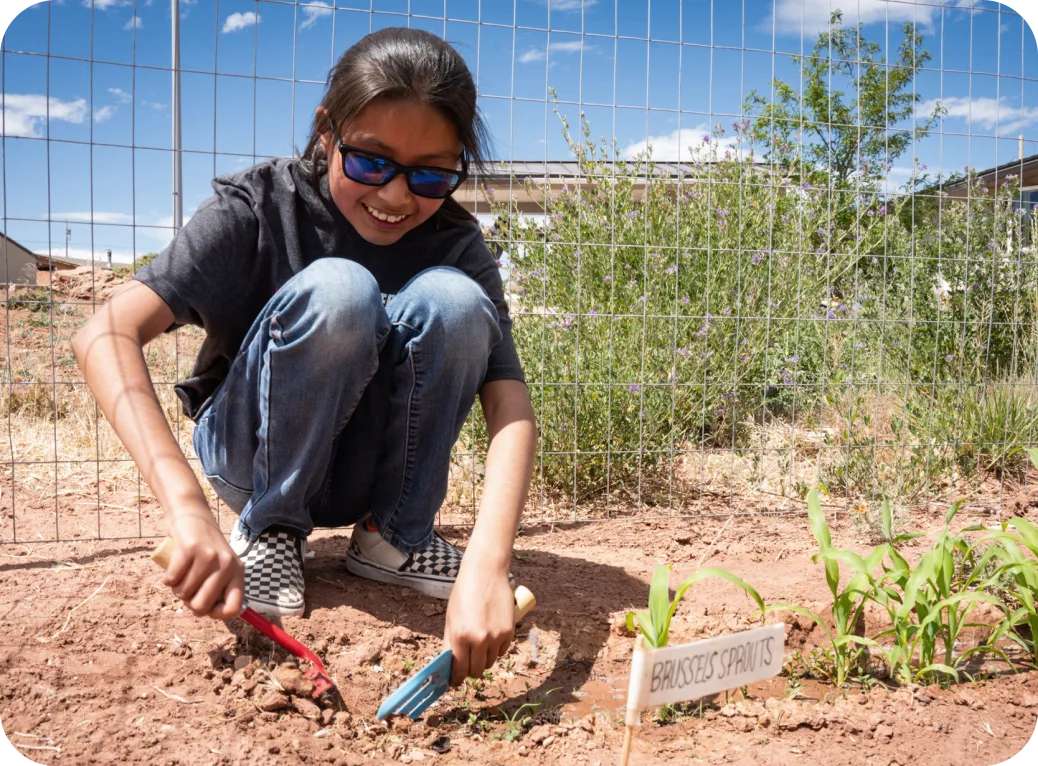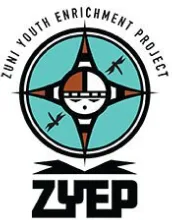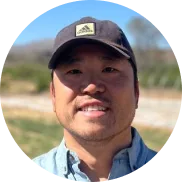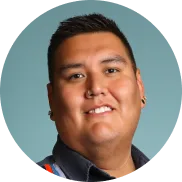The challenge
Indigenous people have a long history of growing nourishing, sustainable foods. The seizing of Indigenous lands in the United States over the course of several centuries disrupted Indigenous communities’ knowledge and cultivation of culturally specific foods and food systems. Adding to this injury, many Indigenous children now live in remote regions with limited access to fresh foods. These conditions have contributed to increased risks for a variety of chronic diseases, including obesity and Type 2 diabetes, for Indigenous adolescents.
Food insecure households
> 1 in 4American Indian Alaska Native households with children¹
Total foundation giving
0.4%goes to Native American communities and causes²
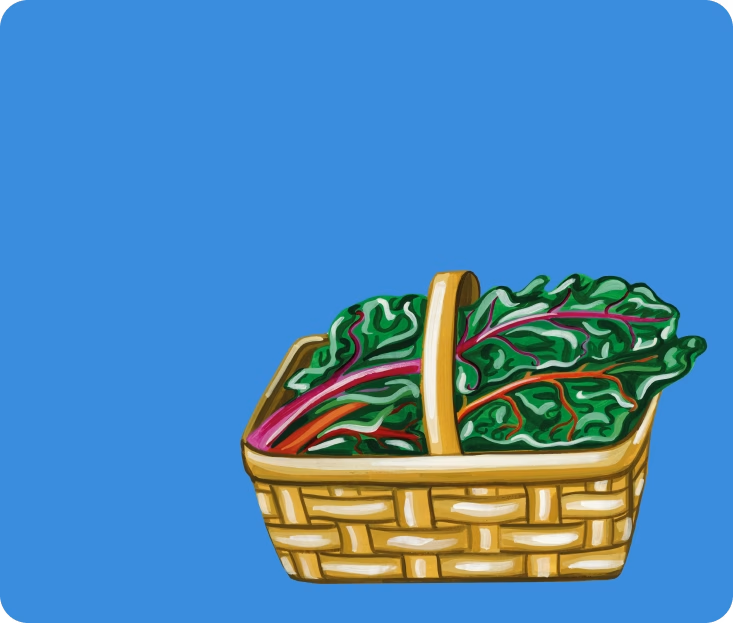
Native Americans living near grocery store
48%reported living >10 miles from the nearest grocery store³
For full citation details, click here.
The opportunity
Indigenous people have long been working to reclaim their traditional food practices and systems. This effort invests in Indigenous children to learning about, growing, gathering, and cooking Native foods. Such work is key for increased physical, mental, emotional,and spiritual well-being, and for supporting Indigenous children’s ability to thrive and reach their full potential.
We are creating new pathways to support food justice for Indigenous children by:
- Investing in the rematriation of traditional, nutritious, and affordable foods;
- Shifting control and stewardship of food resources to Indigenous communities to benefit children; and
- Supporting the ability of Indigenous children to respond to their needs for healthy, culturally relevant Indigenous foods
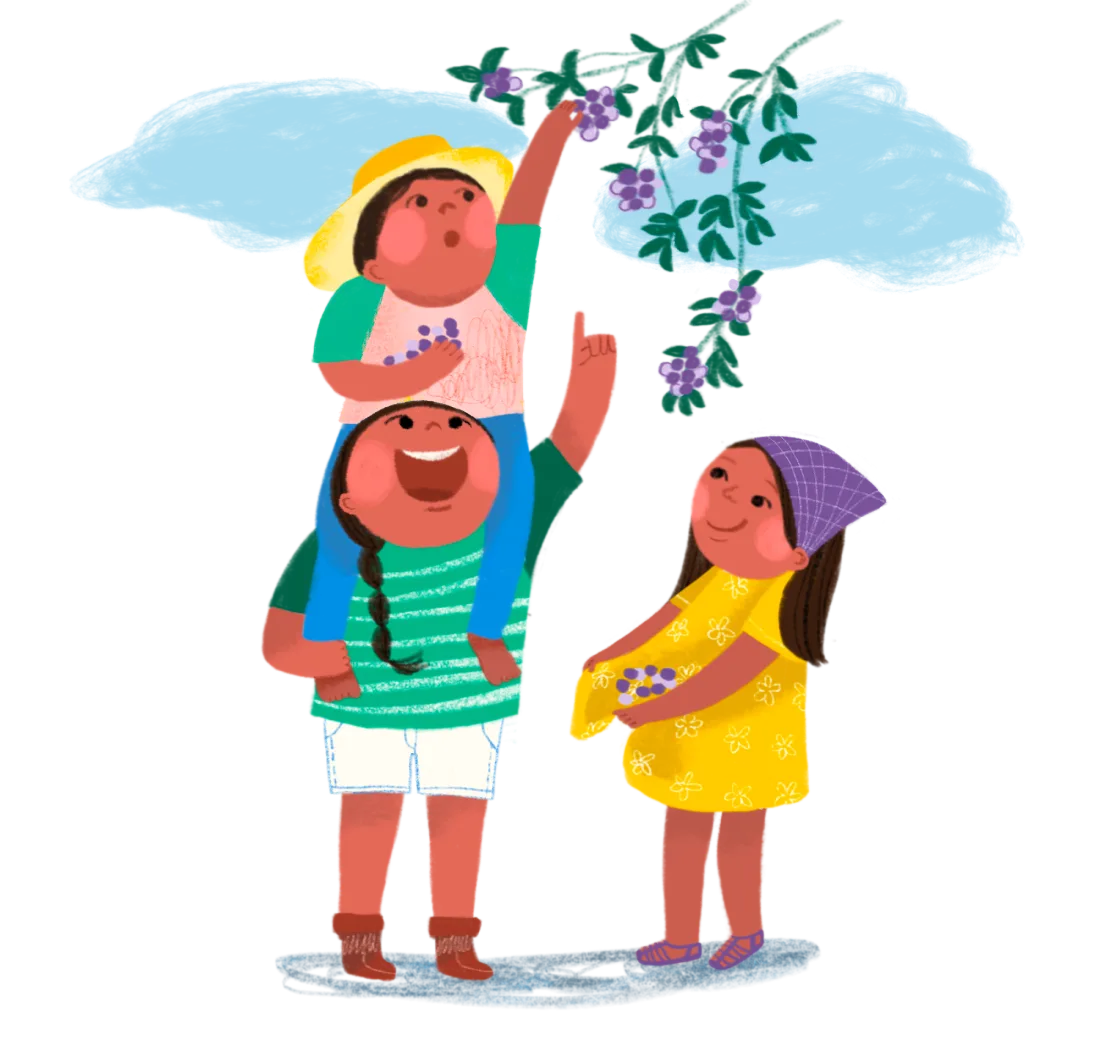
Dollars granted in 2024
$2.7M
to 39 grantee partners
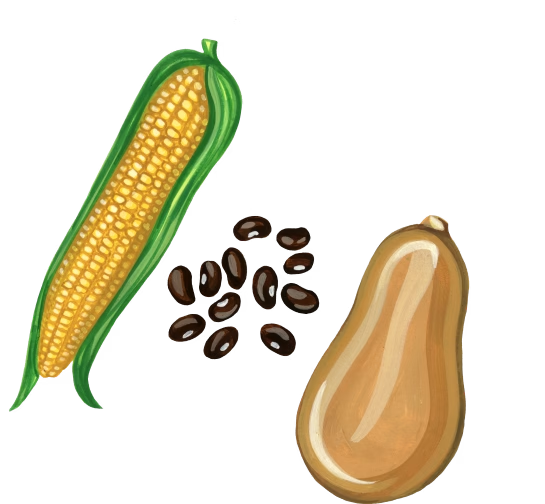
Increase in funding 2024 vs. 2023
+68%
Meet our grantee partners
Grantee Partners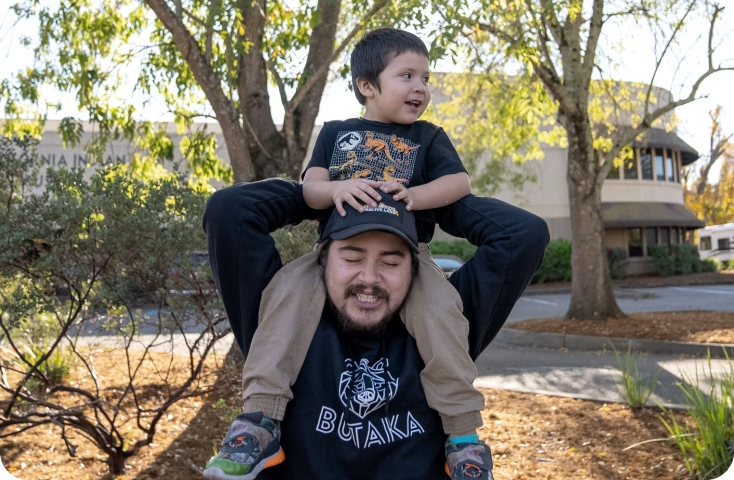
Photo courtesy of California Indian Museum.
Cheyenne River Youth Project
Educating youth about Native Food Sovereignty
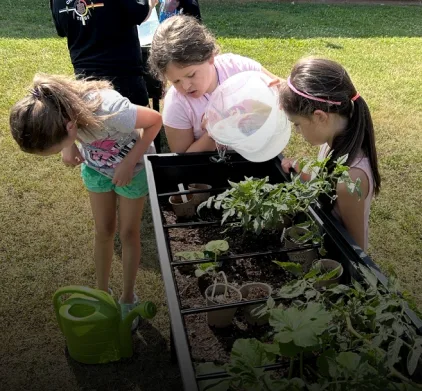
Chickahominy Indian Tribe
Strengthening Indigenous Food Heritage Through Summer Camps
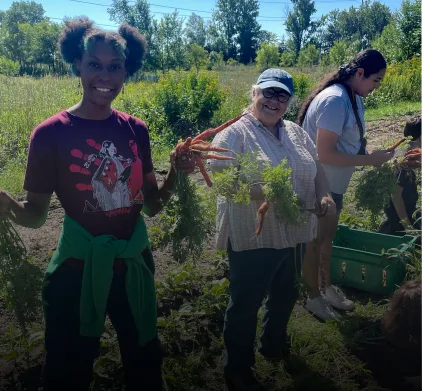
Dream of Wild Health
Indigenous Kids Reclaiming Sovereignty in the Twin Cities
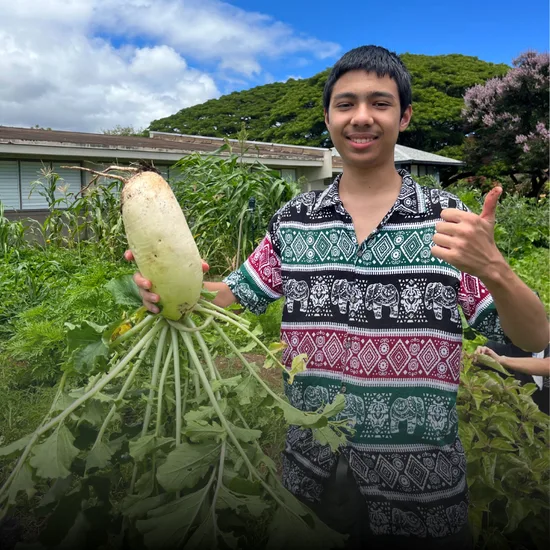
Ma Ka Hana Ka ‘Ike
Cultivating Hawaiian heritage through food and land
GBH’s Molly of Denali
Introducing traditional foods, food practices, and other aspects of Alaska Native and Indigenous cultures to kids through television
Zuni Youth Enrichment Project
Connecting language, culture, and healthy habits
Latest on Indigenous Food Justice
Read more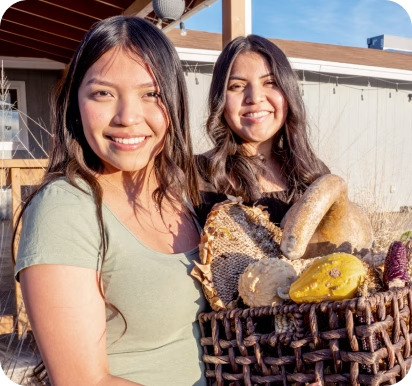
Photo courtesy of Nalwoodi Denzhone Community.
Give with Us
A donation to Newman’s Own Foundation supports organizations working to nourish and transform the lives of children who face adversity.
After donation platform fees, 100% of your tax-deductible funds will be directed towards our grants.
